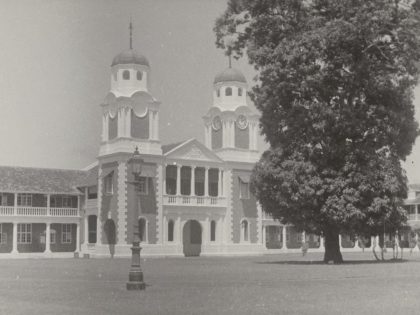
The architecture of power
Inside the crumbling walls of Nigeria's Old Secretariat, echoes of colonial governance and national awakening meet the silence of decay.

Inside the crumbling walls of Nigeria's Old Secretariat, echoes of colonial governance and national awakening meet the silence of decay.

When Cabo Verde qualified for the World Cup, celebrations erupted from Praia to Rotterdam. The Blue Sharks’ rise shows how a scattered people built a global team rooted in home.

In outsourcing the act of writing to machines trained on Western language and thought, we risk reinforcing the very hierarchies that decolonization sought to undo.

A reflection on traveling through the globalized walled city.
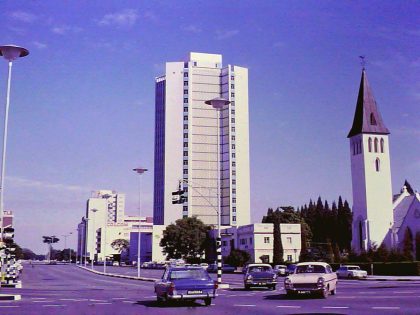
The writings of Edson Sithole, Zimbabwe’s forgotten nationalist thinker, reveal both the promise and perils of pan-African politics in the independence era.
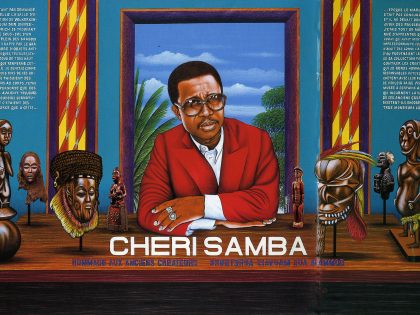
Across five decades, Chéri Samba has chronicled the politics and poetry of everyday Congolese life, insisting that art belongs to the people who live it.
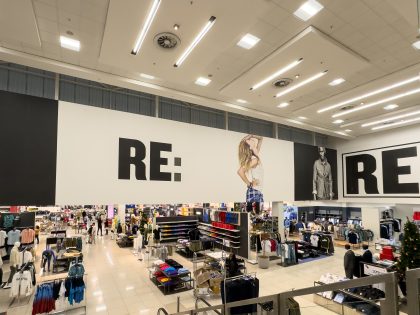
The apparel brand Drip was meant to prove that South Africa’s townships could inspire global style. Instead, it revealed how easily black success stories are consumed and undone by the contradictions of neoliberal aspiration.
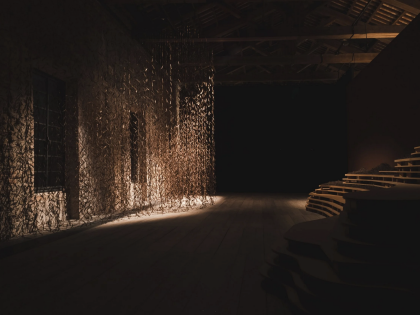
MADEYOULOOK’s 'Dinokana' debuted at the 2024 Venice Biennale. Now back home, Molemo Moiloa and Nare Mokgotho reflect on sound, place, and why their work is always meant for South African audiences first.

From Sudan to Toronto, a revolutionary poem echoes across time, showing how people’s movements confront militarism, mining, and imperial order with the enduring force of collective struggle.
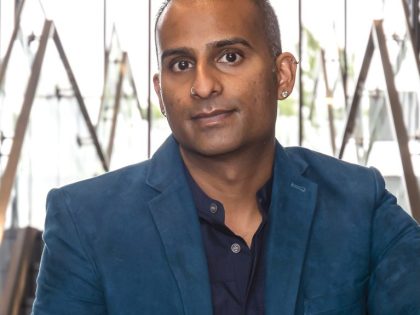
South Africa’s visual culture reveals that its racial categories were never fixed, while the history of indenture complicates the terms of solidarity and exclusion.

What does it mean to imagine a city with no fixed essence, only shifting histories and unstable forms of power?
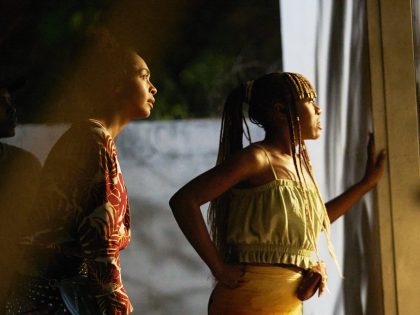
Rungano Nyoni’s latest film challenges audiences to confront the collective complicity that sustains abuse.
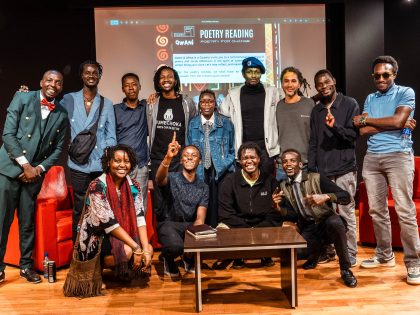
From rooftop beginnings to open mics that echo on the streets, Kenya’s newest literary collective shows how art can archive struggle and energize dissent.
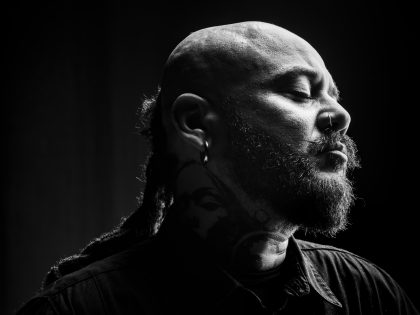
On his third album, Afro-Portuguese artist Scúru Fitchádu fuses ancestral wisdom with urban revolt, turning memory and militancy into a soundtrack for resistance.

No seu terceiro álbum, o artista afro-português Scúru Fitchádu funde a sabedoria ancestral com a revolta urbana, transformando memória e militância em uma trilha sonora para a resistência.
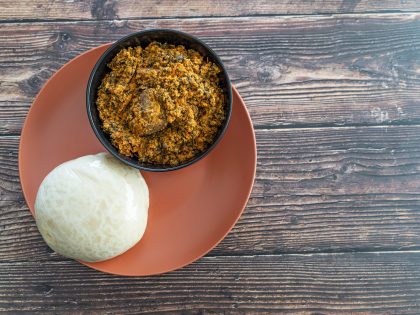
In Nigeria, the drive to cut corners has turned food and drink into vectors of illness, sacrificing health and heritage at the altar of profit.
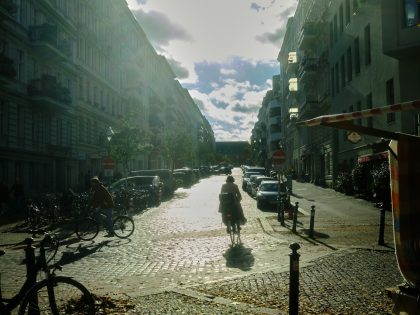
At the 13th Berlin Biennale, works from Zambia and beyond summon unseen forces to ask whether solidarity can withstand the gaze of surveillance.

In an era when AI delivers the answer before the question is even asked, the sanctity of wonder is slipping away, and soon the act of asking might vanish entirely.
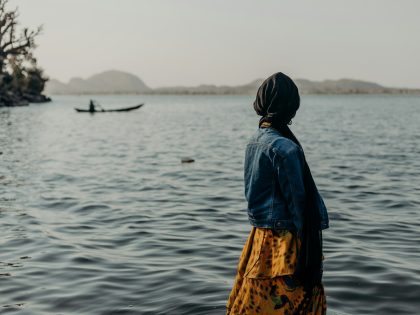
In her latest novel, Chimamanda Ngozi Adichie examines the contradictions of women’s desires, while leaving her own narrative blind spots exposed.

As Hollywood recycles pro-war propaganda for Gen Z, Youssef Chahine’s 'Djamila, the Algerian' reminds us that anti-colonial cinema once turned imperial film language against its makers—and still can.